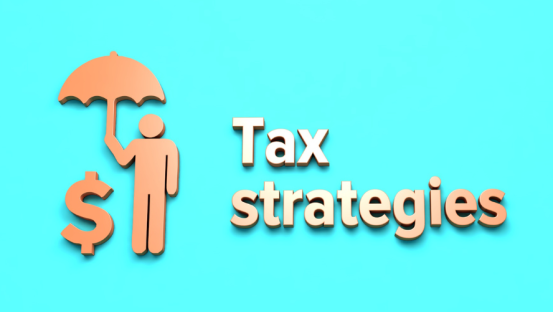Rewarding Team Members in Your Speaking Business: How to Do It Correctly

The success of your speaking business hinges not only on your talent but also on the dedication and hard work of your team. It's not possible to build a business without a dedicated team. Hence, recognizing and rewarding your team members is important to enhance motivation, foster loyalty, and boost productivity. This article delves into effective strategies for rewarding team members in your speaking business, ensuring you do it right.
Understanding the Importance of Rewards
A well-structured reward system can elevate team morale and motivation. When team members feel valued and appreciated, they are more likely to go the extra mile. This positive reinforcement encourages a culture of excellence and dedication, vital for the growth of your speaking business.
Boosting Morale and Motivation
Team morale and motivation are crucial for maintaining a high level of performance. Rewarding your team members appropriately can create a positive work environment where everyone feels recognized for their contributions. This, in turn, leads to increased productivity and job satisfaction.
Enhancing Loyalty and Retention
Rewards play a significant role in retaining top talent. When employees feel their efforts are acknowledged, they are more likely to stay with your business. This reduces turnover rates and helps maintain a stable and experienced team.
Types of Rewards
There are various types of rewards you can offer, each catering to different needs and preferences of your team members.
Monetary Rewards
Monetary rewards are the most straightforward form of recognition. Bonuses, raises, and profit-sharing are common ways to provide financial incentives. These rewards can significantly impact an employee's financial well-being, making them feel valued.
Non-Monetary Rewards
Non-monetary rewards can be just as impactful as financial incentives. These rewards include recognition programs, additional time off, and opportunities for professional development.
By incorporating DEI initiatives, you can ensure these rewards are inclusive and equitable. DEI examples include offering mentorship programs specifically for underrepresented groups that can support their professional growth and demonstrate your commitment to an inclusive work environment. Additionally, providing tailored training and development opportunities for diverse team members can help them advance their careers and feel valued within the organization.
Public Recognition
Public recognition can be a powerful motivator. Acknowledging team members' achievements during meetings, on social media, or in company newsletters can boost their confidence and encourage others to strive for similar recognition.
Implementing a Reward System
Establishing a fair and effective reward system requires careful planning and execution. Here are key steps to consider.
Setting Clear Criteria
To ensure fairness, establish clear criteria for rewards. Define specific goals and milestones that team members need to achieve to earn rewards. This transparency helps avoid confusion and potential disputes.
Regular Evaluation
Regularly evaluate the performance of your team members. Continuous assessment ensures that the reward system remains relevant and effective. It also allows you to identify and address any issues promptly.
Personalizing Rewards
Personalizing rewards can make them more meaningful. Understand the preferences and needs of your team members and tailor rewards accordingly. Personalized rewards show that you value your team members as individuals.
Avoiding Common Pitfalls
While rewarding your team members is essential, it's crucial to avoid common pitfalls that can undermine your efforts.
Inconsistency
Inconsistent rewards can lead to dissatisfaction and resentment. Ensure that your reward system is applied consistently across the board. This fairness helps maintain trust and respect within the team.
Overemphasis on Monetary Rewards
While financial incentives are important, over-reliance on them can diminish the value of non-monetary rewards. Strive for a balanced approach that recognizes both financial and non-financial contributions.
Ignoring Team Efforts
Recognize both individual and team efforts. While individual rewards are important, team-based rewards foster collaboration and collective success. Acknowledge group achievements to encourage teamwork and unity.
Conclusion
Rewarding team members in your speaking business is not just about handing out bonuses or giving praise. It involves a well-thought-out strategy that recognizes both individual and team contributions. By understanding the importance of rewards, implementing a fair and personalized reward system, and avoiding common pitfalls, you can create a motivated, loyal, and productive team. This, in turn, will drive the success and growth of your speaking business, ensuring that both you and your team members thrive.




